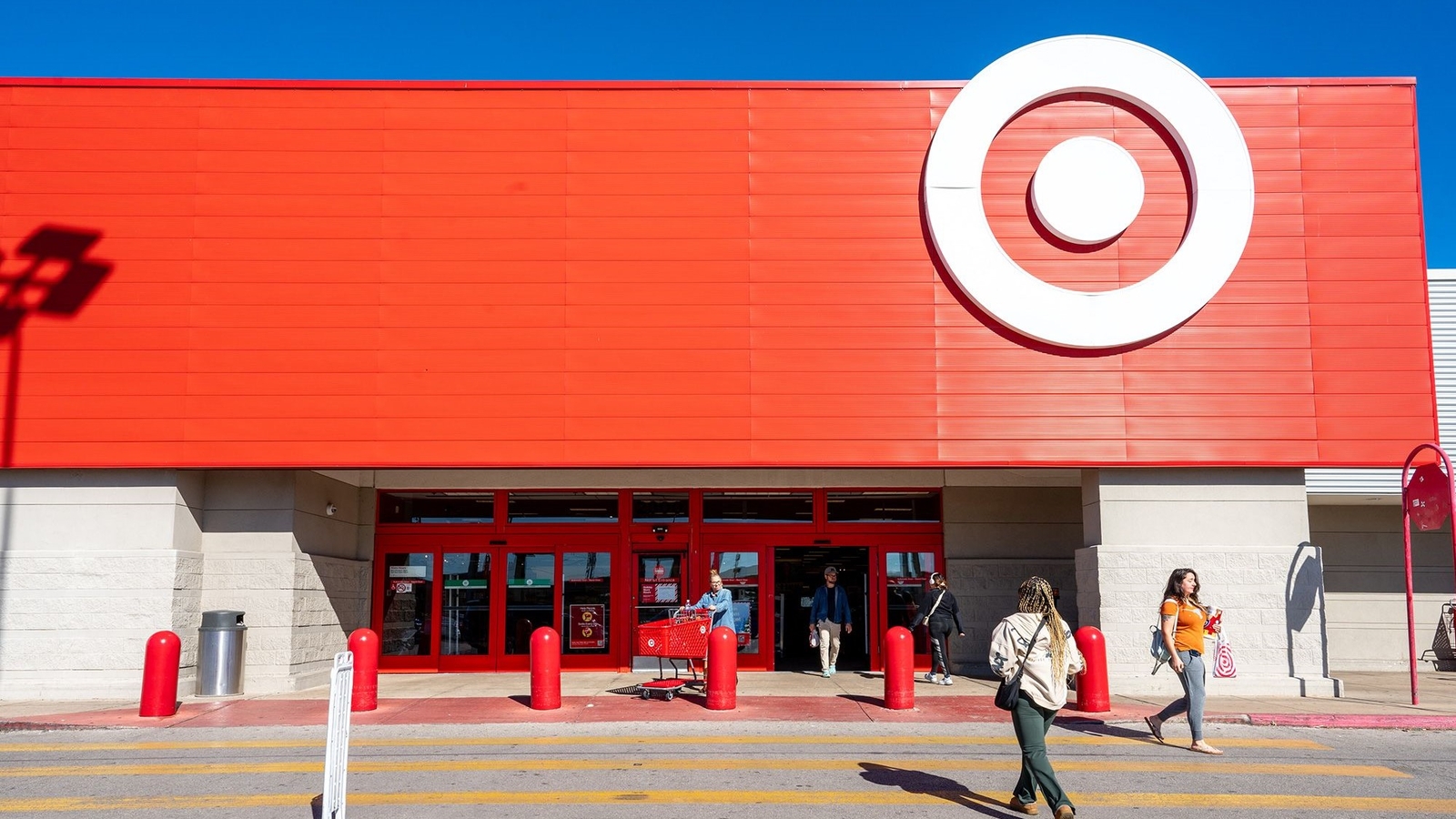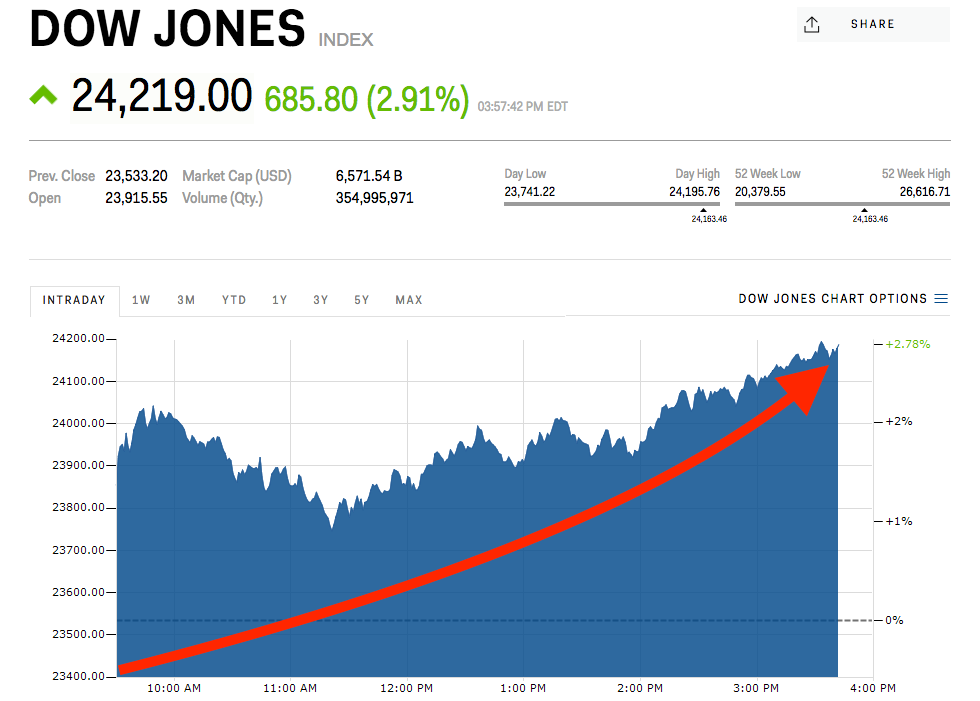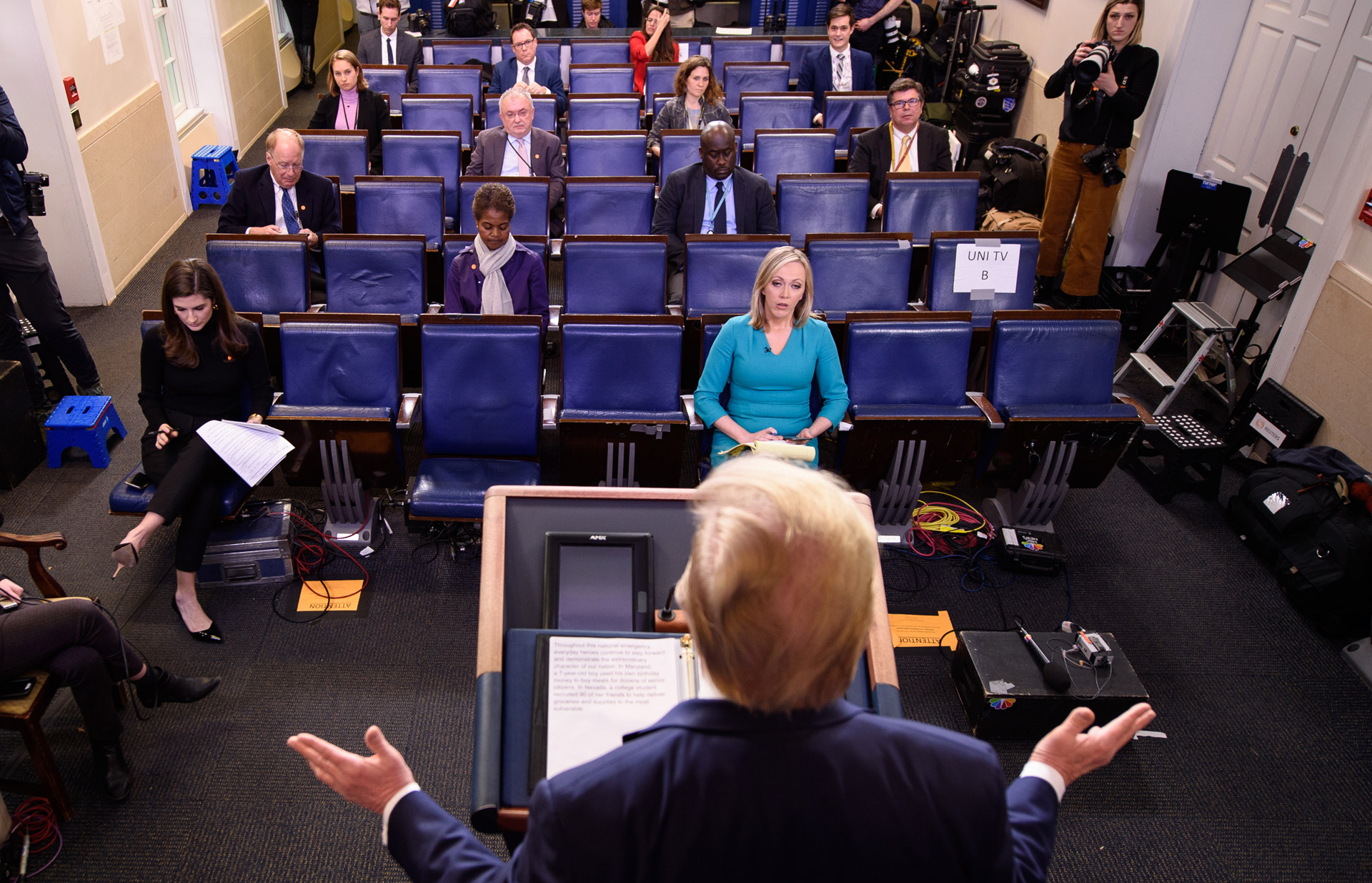Target DEI Backlash: How A Policy Shift Led To A Consumer Boycott

Table of Contents
Target's Updated DEI Initiatives and the Initial Reaction
Target's updated DEI policies, particularly those focusing on the LGBTQIA+ community, were at the heart of the controversy. The retailer launched a Pride month merchandise collection and partnered with several LGBTQIA+ designers and creators, aiming to foster inclusivity and celebrate Pride. This, however, sparked a swift and intense negative reaction from certain segments of the population.
-
Specific Products/Campaigns: The most contentious products included children's clothing featuring LGBTQIA+ themed designs. These items became focal points of online criticism, fueling the Target boycott.
-
Social Media Amplification: Social media platforms like Twitter and Facebook became breeding grounds for amplified criticism and the spread of misinformation surrounding Target's LGBTQIA+ initiatives. Posts often misrepresented the products and the company's intentions.
-
Conservative Backlash: Conservative groups and individuals voiced strong opposition, citing concerns about the appropriateness of LGBTQIA+ themed products for children and accusing Target of "indoctrination." This initial reaction quickly gained momentum, laying the groundwork for a wider boycott. The use of hashtags like #BoycottTarget further amplified the message and organized the opposition.
The Escalation of the Boycott and its Impact
The initial criticism quickly escalated into a full-blown consumer boycott. Organized efforts, fueled by social media campaigns and conservative news outlets, gained significant traction. This led to tangible impacts on Target's business:
-
Target Stock Drop and Sales Figures: The boycott resulted in a noticeable drop in Target's stock price and reports indicated a negative impact on sales figures, particularly in the affected product categories. The exact financial impact remains subject to ongoing analysis, but the effects were undeniably significant.
-
Brand Reputation and Consumer Trust: The controversy severely damaged Target's brand reputation. Many consumers expressed disillusionment and distrust, impacting brand loyalty and future purchasing decisions. The negative publicity surrounding the Target boycott significantly undermined years of brand building.
-
Media Coverage and Portrayal: The event received extensive media coverage, with varying interpretations and perspectives. Some outlets framed the controversy as a clash between corporate social responsibility and consumer freedom, while others highlighted the role of misinformation and organized campaigns. This mixed media portrayal further complicated Target's efforts to navigate the crisis.
Analyzing the Underlying Causes of the Backlash
The Target DEI backlash wasn't solely about the products themselves; it stemmed from deeper underlying societal issues:
-
The Role of Misinformation: The spread of false narratives and misinformation about Target's intentions played a crucial role in fueling the boycott. Many of the criticisms were based on distorted representations of the products and the company's goals.
-
Influence of Partisan Media: Partisan media outlets contributed to the polarization surrounding the issue, often framing the controversy through a political lens. This fueled the outrage and solidified the divide between opposing groups.
-
Politicization of Corporate DEI Initiatives: The incident highlights the increasing politicization of corporate DEI initiatives. Businesses are increasingly finding themselves caught in the crossfire of deeply divided political opinions, making it challenging to implement socially responsible policies without facing significant backlash.
Lessons Learned and Future Implications for Businesses
The Target situation offers critical lessons for businesses planning and implementing DEI policies:
-
Thorough Market Research: Businesses must conduct comprehensive market research to understand the diverse viewpoints and potential sensitivities within their target audiences. This proactive approach can help mitigate risks associated with potentially controversial initiatives.
-
Transparent Communication: Clear and transparent communication about DEI initiatives is paramount. Businesses need to articulate their intentions, address concerns proactively, and engage with stakeholders openly. Failure to do so can amplify misinterpretations and fuel negative narratives.
-
Risk Management and Crisis Communication: A robust risk management strategy and a comprehensive crisis communication plan are crucial. Businesses must anticipate potential challenges, develop contingency plans, and be prepared to respond effectively to criticism and negative publicity. This includes having a strategy to address misinformation effectively.
Conclusion:
The Target DEI backlash serves as a cautionary tale for businesses navigating the complex terrain of corporate social responsibility and DEI initiatives. The boycott highlights the importance of careful planning, transparent communication, and a deep understanding of the diverse viewpoints within the marketplace. Businesses must learn from the Target experience and develop robust DEI strategies that carefully consider the potential for backlash. Understanding the complexities of navigating the ever-evolving landscape of social and political issues is crucial for maintaining a positive brand image and avoiding a similar Target DEI backlash. Proactive planning, thoughtful implementation, and effective communication are key to successfully integrating DEI initiatives into business practice.

Featured Posts
-
 Dalys Late Show Englands Narrow Six Nations Victory Over France
May 01, 2025
Dalys Late Show Englands Narrow Six Nations Victory Over France
May 01, 2025 -
 Tracking The Stock Market Dow Futures Earnings And Current Market Trends
May 01, 2025
Tracking The Stock Market Dow Futures Earnings And Current Market Trends
May 01, 2025 -
 10 Tran Dau Hap Dan Nhat Giai Bong Da Thanh Nien Sinh Vien Quoc Te 2025
May 01, 2025
10 Tran Dau Hap Dan Nhat Giai Bong Da Thanh Nien Sinh Vien Quoc Te 2025
May 01, 2025 -
 Duurzaam Schoolgebouw Kampen Rechtszaak Tegen Enexis Om Stroomaansluiting
May 01, 2025
Duurzaam Schoolgebouw Kampen Rechtszaak Tegen Enexis Om Stroomaansluiting
May 01, 2025 -
 Is Age Just A Number Challenging Ageist Stereotypes And Assumptions
May 01, 2025
Is Age Just A Number Challenging Ageist Stereotypes And Assumptions
May 01, 2025
